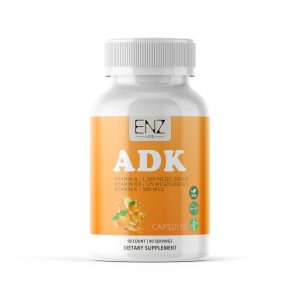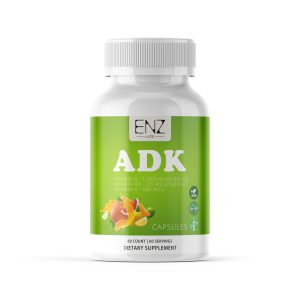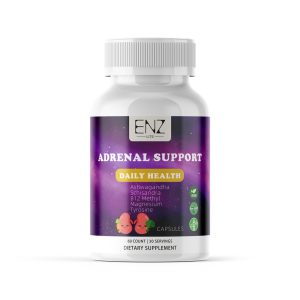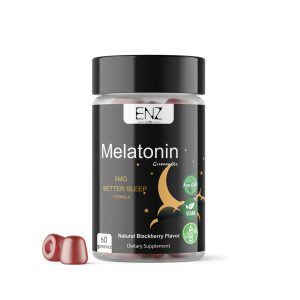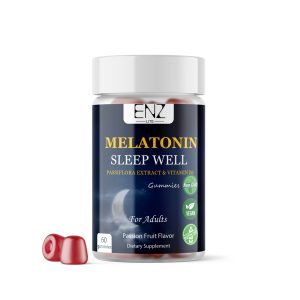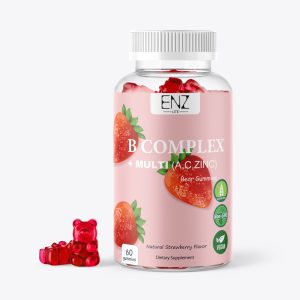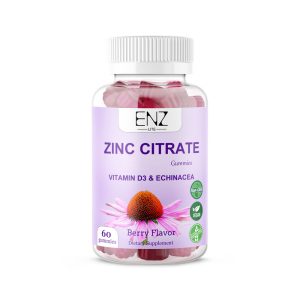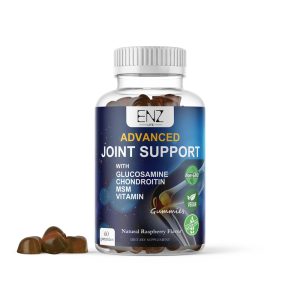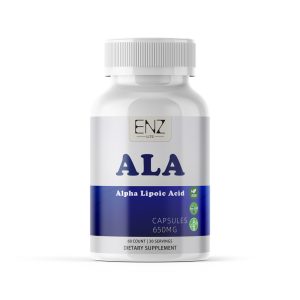Table of Contents
- Introduction
- Understanding the FDA’s Role
- Do Supplements Require Pre-Approval?
- Manufacturer Responsibilities
- ENZ Pharmtech: Trusted Dietary Supplement Manufacturer
- Important Certifications in Supplement Manufacturing
- Conclusion
- Summary Table
Introduction
As the demand for health and wellness products continues to rise, dietary supplements have become a staple in households worldwide. But this surge in popularity also raises questions about regulation and safety. One of the most common queries is: Do supplement manufacturers need FDA approval?
This article breaks down the FDA’s role in regulating dietary supplements, the legal responsibilities of manufacturers, and how reputable producers like ENZ Pharmtech meet stringent industry standards.

Understanding the FDA’s Role
The U.S. Food and Drug Administration (FDA) plays a critical role in ensuring public safety, but its regulation of dietary supplements differs from that of pharmaceutical drugs.
Key Points on FDA Oversight
- The FDA does not approve dietary supplements before they are marketed.
- Manufacturers are responsible for ensuring their products are safe and their labeling is truthful and not misleading.
- The FDA monitors safety by evaluating post-market reports and inspecting manufacturing facilities.
Do Supplements Require Pre-Approval?
No, dietary supplements do not require FDA approval before being sold. This is a key distinction from pharmaceutical drugs, which must go through rigorous pre-market evaluation.
Exceptions Where Notification is Required
- New Dietary Ingredients (NDIs) must be reported to the FDA at least 75 days before marketing.
- Structure/function claims must include a disclaimer and be submitted to the FDA within 30 days of marketing.
While no formal “approval” is needed, companies must still operate under established good manufacturing practices (GMP) to ensure safety and quality.
Manufacturer Responsibilities
Manufacturers must follow FDA regulations outlined in the Dietary Supplement Health and Education Act of 1994 (DSHEA). Key responsibilities include:
Compliance Areas
- Product Safety: Ingredients must be generally recognized as safe (GRAS).
- Labeling: Must be accurate and include supplement facts, ingredients, and disclaimers.
- GMP Compliance: Manufacturing processes must meet FDA’s GMP standards (21 CFR Part 111).
- Adverse Event Reporting: Serious adverse events must be reported to the FDA within 15 days.
ENZ Pharmtech: Trusted Dietary Supplement Manufacturer
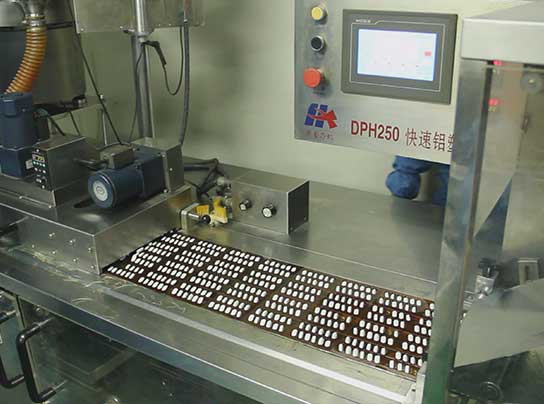
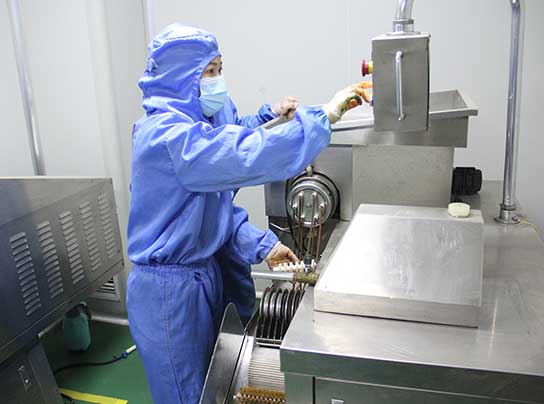
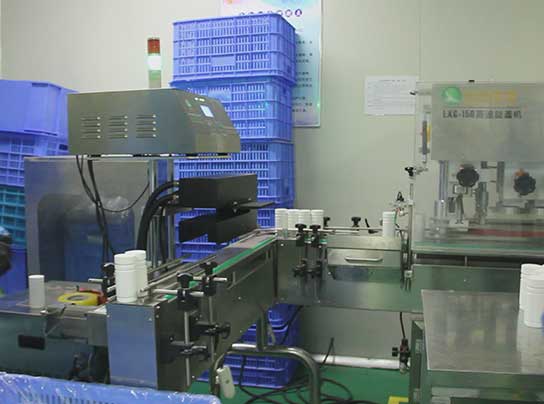
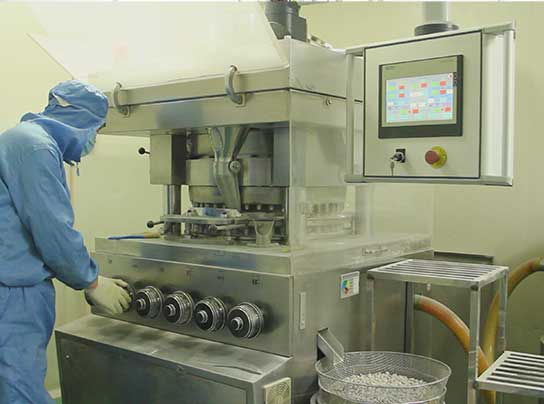
ENZ Pharmtech is a certified dietary supplement manufacturer offering one-stop private label services. Their extensive experience and regulatory compliance make them a leading choice for brands entering the supplement market.
What Sets ENZ Pharmtech Apart?
- Decades of Experience: Proven success in health supplement manufacturing.
- Modern Production Facilities: Equipped with state-of-the-art lines for gummies, powders, capsules, and more.
- End-to-End Service: From formulation to packaging, ENZ Pharmtech offers full-service support.
- Certification Coverage: ISO9001, ISO22000, HACCP, BRCS, FDA, and GMP certified.
Product Range
-
ADK 10 Capsules
-
ADK 5 Capsules
-
Adrenal Support Capsules
-
Adult Best Melatonin Gummy 5mg
-
Adult Melatonin Gummies Passiflora Vitamin B6
-
Adult Vitamin B Gummy B-Complex Vitamin A Vitamin C Zinc
-
Adult Zinc Gummy Vitamin D3 Echinacea
-
Advanced Joint Support Gummies Methylsulfonylmethane
-
ALA Alpha Lipoic Acid Capsules 650mg
Whether launching a new supplement line or scaling an existing one, ENZ Pharmtech ensures regulatory compliance, safety, and quality.
Important Certifications in Supplement Manufacturing
Although FDA approval is not required for supplements, certifications are crucial for proving credibility and ensuring global market access.
Key Supplement Certifications
- FDA Registration: Required for facilities marketing to the U.S., though not a product approval.
- GMP (Good Manufacturing Practices): Ensures consistent product quality.
- ISO9001 and ISO22000: Quality and food safety management systems.
- HACCP: Hazard analysis to ensure food-grade safety compliance.
- BRCS: Global standard for food safety and hygiene.
Certifications demonstrate a manufacturer’s commitment to high standards, even when FDA pre-approval isn’t required.
Conclusion
In summary, dietary supplement manufacturers do not need FDA approval to sell their products in the U.S. However, they are responsible for ensuring product safety, accurate labeling, and compliance with GMPs and other regulatory requirements.
Leading manufacturers like ENZ Pharmtech go beyond these requirements by securing a broad array of global certifications and offering advanced production capabilities. These measures help safeguard consumers and protect brands in a competitive market.
Summary Table
| Aspect | Details |
|---|---|
| FDA Pre-Approval | Not required for supplements |
| Manufacturer Responsibilities | Safety, truthful labeling, GMP compliance |
| Required FDA Notifications | For new dietary ingredients and structure/function claims |
| ENZ Pharmtech Services | Private label manufacturing, R&D, packaging, certifications |
| ENZ Pharmtech Certifications | FDA, GMP, ISO9001, ISO22000, HACCP, BRCS |
| Product Types | Gummy vitamins, herb capsules, liquid drops, jellies, tablets, powders |

